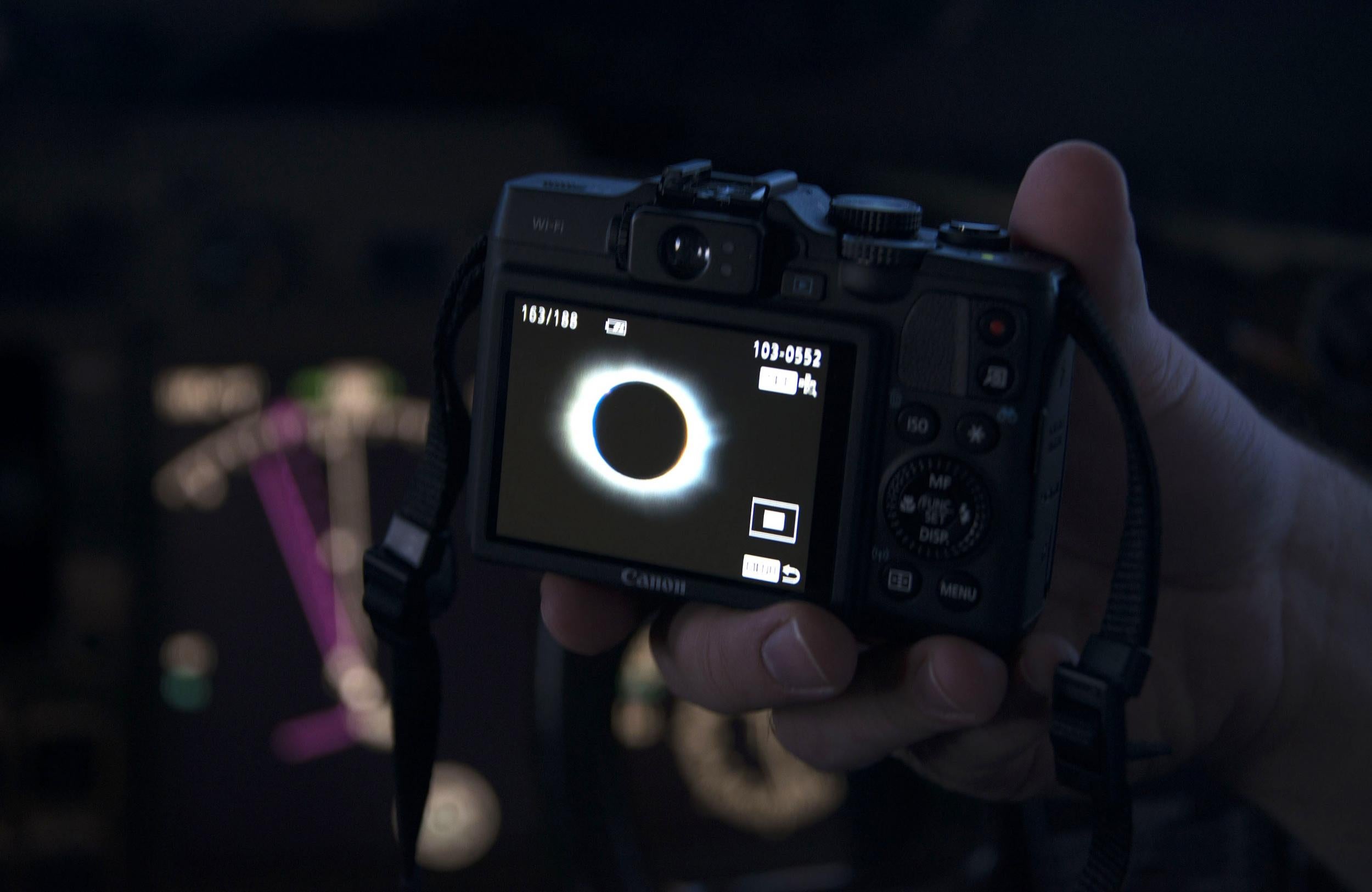Solar eclipse: US to play host to the biggest astronomy event in 100 years
The whole thing will see the biggest movement of people for tourism ever — all for just a couple of minutes of darkness

The US is about to go dark, for just a couple of minutes.
In August, all states in the country will be covered by a total solar eclipse for the first time in 100 years. And it could be the biggest astronomy phenomenon in history, with the huge number of skywatchers going to see it likely creating the biggest movement of people for tourism reasons ever.
And it will all be for just two minutes of darkness, even in the places that can see the eclipse for the longest. The shadow moves at about 1,500 miles per hour as it moves across the US — going coast-to-coast for the first time in 99 years — covering the entire thing in just 90 minutes.
Solar eclipses happen when the moon passes in front of the sun, blocking out its light, and total solar eclipses are when the two objects line up with us so that the moon covers up the entirety of the sun. The complicated set of factors required for such an event — the moon must be new, and the Earth must be tilted at the right angle — mean that such eclipses are relatively rare, and the makeup of our planet mean that they often only show up in the middle of a sea.
On August 21, every state in the US will see some of the sun get obscured. Even those people living in the least eclipsed places will see the moon cover up 55 per cent of it, meaning that there will be some show for everyone.
But the luckiest will see a total solar eclipse, something that only a tiny number of people in the US have ever been able to see before. The path of totality will take up 14 states, starting in South Caroline and moving north west across the US to end in Oregon.
For those people that do miss out, there will be another total solar eclipse in just a few years. There hasn't been a total solar eclipse in the US since 1979, but the next one will come back in 2024.
Join our commenting forum
Join thought-provoking conversations, follow other Independent readers and see their replies
Comments
Bookmark popover
Removed from bookmarks